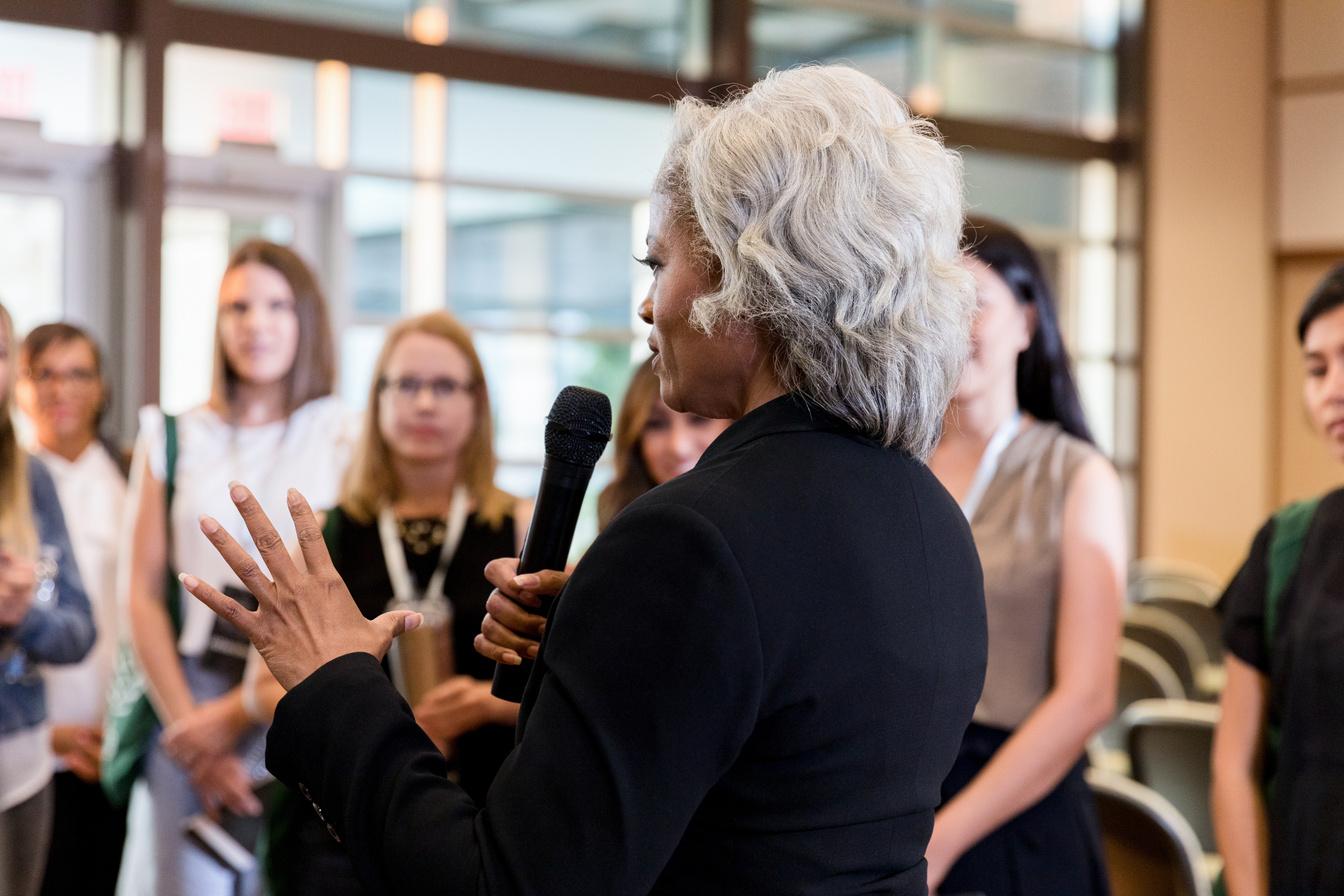
3 minute read
Q&A with a Professional
Q - WHAT IS TRAUMA?
A - Trauma is the leading emotional response that often results from living through a distressing event. Experiencing a traumatic event can harm a person’s sense of safety, sense of self, and ability to regulate emotions and navigate relationships. (Source: Centre for Addiction and Mental Health).
Advertisement
Trauma is stored in our brains, never forgotten, and can have lasting affects across the course of a person’s life.
Q - HOW DOES TRAUMA IMPACT THE MIND AND THE BODY?
A - About half of Americans will go through one traumatic experience in their lives That number may be higher as we learn more about the aftereffects of COVID
The most important thing to know is that the mind and body is interconnected and inter-related. Studies have clearly demonstrated that people who have experienced trauma can have long-term physical health problems, and that stress triggers can continue long after the trauma is over and can appear out of the blue. Remembering the trauma can affect your mind and body, and influence how you think, feel, and behave.
Q - WHAT ARE SOME TRAUMAS THAT INDIVIDUALS MAY NOT REALIZE THEY ARE CARRYING WITH THEM?
A - It all starts with how you define trauma. Most people believe that it is a “trauma” only when something tragic, dramatic, or an event that otherwise changes their world entirely occurs.
Big “T” Trauma experiences are typically universally accepted as trauma (ex, physical/sexual abuse, deprivation/neglect) However, Little “t” Trauma is very individualized and based on individual perception. For example, going to the dentist, being involved in a fender-bender, can be traumatizing to some. These are experiences that are not universally considered trauma but to the person experiencing the event, it is perceived as such. Another form of trauma is Cumulative Trauma which can consist of losing one’s culture or country, poverty, homelessness.
(Source: Community Resiliency Model/Trauma Resource Institute)
Q - WHAT DOES ADVERSE CHILDHOOD EXPERIENCES (ACEs) MEAN?
A - The Kaiser-Permanente and Centers for Disease Control ACE Study is one of the largest investigations of childhood abuse and neglect and household challenges and their connection to later-life health and well-being.
Key Findings
Childhood experiences of abuse/neglect are destructive even half a century after occurrence
ACE scores significantly correlate with depression, substance abuse, attempted suicide, and other risky behaviors
High ACE scores significantly related to poor health outcomes including heart disease, liver disease, lung disease, etc.
People who have six or more ACEs died nearly 20 years earlier on average than those without ACEs
The ACEs study was a watershed moment in which our understanding of trauma accelerated resulting in the advent of what has become known as Trauma-Informed Care (TIC), a strengths-based framework that is grounded in an understanding of and responsiveness to the impact of trauma.
Q - HOW DO WE CARE FOR LOVED ONES WHO HAVE EXPERIENCED ACES?
A - It all starts with connections. The most important ingredient is to be present. By this one simple (and sometimes not so simple) act, trust is built, and vulnerability can be shared in a safe, supporting environment
Take the time to understand ACEs and trauma and use the information to guide how you respond. There are numerous resources available, some outlined below, containing best practices when in a relationship with someone who has experienced ACEs. Depending on the person’s age, living environment, support system, etc. responses should be tailored to the person and not a onesize-fits-all approach. Equally important, compassionate self-care is essential.
Q - IN YOUR WORK, HOW HAVE YOU SEEN TRAUMA IMPACT THE INDIVIDUAL AND THE COMMUNITY?
A - My career has been significantly informed by witnessing the impact of trauma in the areas of juvenile justice, child welfare, homelessness and HIV, and other disenfranchised populations. The impact of trauma, if left unattended, that I have observed firsthand include boys and girls acting out in ways that led to involvement in the court system, teenage suicide, running away, oppositional defiant behavior, poor education and health outcomes, and other high-risk behaviors. Additionally, I have observed the proverbial “elephant in the living room” where the family system is unable or unwilling to acknowledge the trauma or disfunction that exists, leading to significant chaos and unhealthy living conditions that impact every member of the family, often leading to the dissolution of the family unit or unhealthy, intergenerational patterns being passed down
Within disenfranchise communities, the capacity to identify problems, make a plan, and act constructively is limited or non-existent leading to further decline such as intergenerational poverty, poor health and education outcomes, displacement, feelings of hopelessness and helplessness, and toxic stress.






